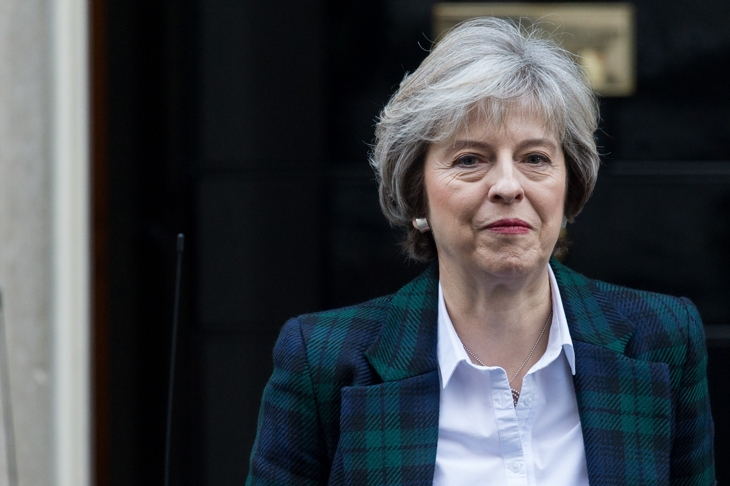Listen to Isabel Hardman, Fraser Nelson and James Forsyth reviewing Theresa May’s speech:
Theresa May’s speech today was striking for how much it took off the negotiating table. Britain is, she said, leaving the single market. She isn’t going to spend anytime seeing if free movement – but only for those with a job – might be somehow compatible with single-market membership. She was also clear that the UK is quitting the EU’s common external tariff and commercial policy.
Why is May doing this? Well, staying in the single market with no say over the rules is, obviously, not a sustainable position—you couldn’t regulate the City of London by just cutting and pasting in EU rules. Equally, EU leaders have been very clear that they aren’t inclined to compromise on free movement. Leaving the EU but being unable to do your own trade deals would, however, defeat the point of leaving.
But I think there is another reason for May choosing this path. She can deliver the UK’s exit from the single market and the common external tariff herself; she doesn’t need the agreement of any other EU leader to do this. By limiting how much of her strategy needs agreement from the EU, she puts herself more in control of the negotiation.
One of David Cameron’s problems in the renegotiation was that everything he wanted was contingent on other EU leaders agreeing. By opting for a relatively clean Brexit and making clear her willingness to walk away if no reasonable deal is on offer, May has avoided that fate.







Comments